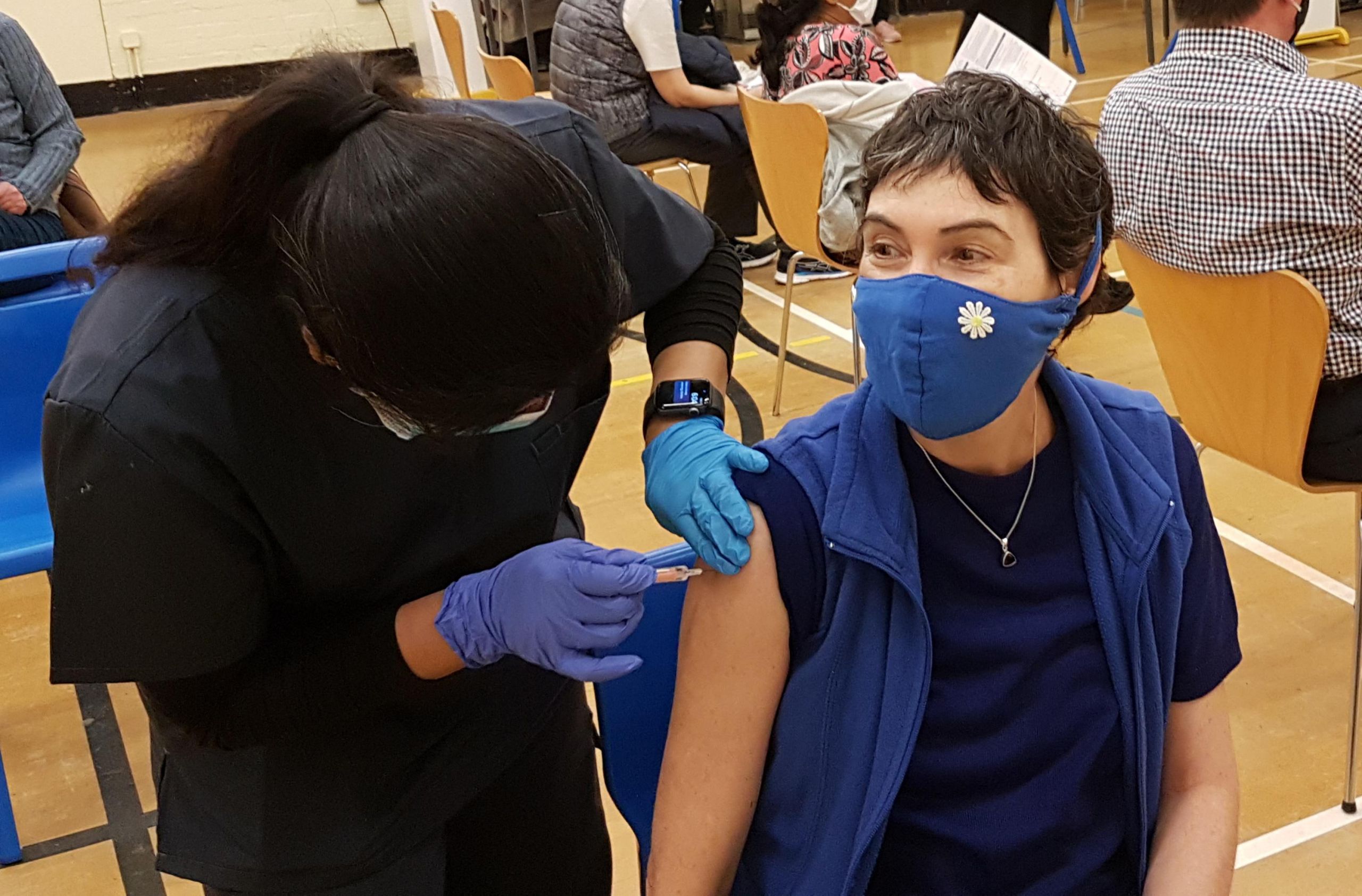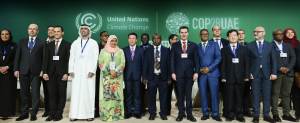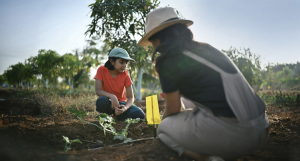COOPERATION IN ENVIRONMENT, HEALTH AND SCIENCE
CONTEXT
Global cooperation on tackling the spiralling challenges of health epidemics, resource scarcity and climate change using the latest research and technology has profoundly influenced the multilateral agenda. In order to build health and environmental resilience over the longer term, it is vital that there is pan-European, transatlantic and global cooperation despite competition and protectionist trends and other tensions. As suggested in Reforming Multilateralism in Post-Covid Times by the Foundation for European Progressive Studies, there is now “systemic competition between different potential world orders,” as the unipolar phase after the fall of the Berlin Wall draws to a close. The current rise in nationalism and polarisation between perceived “winners and losers” from globalisation, exacerbated by an expansion of the role of cyberspace and technology in governance and society.
“The Covid-19 pandemic acted as a catalyst and magnifier of these many trends and tensions…creating a multidimensional crisis with strong impacts on the health, social, economic, political and cultural conditions of all countries. As we recover and transform economies and societies, this is a make-or-break moment for higher international cooperation and it will probably be a turning point shaping the emergent new global order.”
The book suggests we need a renewal of international cooperation with a multilateralism for the 21st century by building a large coalition of forces, involving states, regional organisations, civil society and individuals – a global coalition of progressive forces that develops a common agenda.
In Keeping Channels Open discussions, experts focused on how to recover from the pandemic and deal with the ever-visible threat of climate change and erosion of our natural world, amid fragmentation of the world order and dramatic geopolitical change.

Covid
In our dialogues, there was consensus that the Covid pandemic represented a moment of crisis and division in terms of the global world order.
“The pandemic exacerbated existing fault lines including the growing divide between China and the free world and between richer and poorer countries especially in public health. It also speeded up the pull-back from supply chain globalisation.”
Read more

Climate Change
In 2023, the World Economic Forum’s Global Risks Perception survey gathered insights on global risks from over 1200 experts. While the cost-of-living crisis was identified as the biggest short-term risk, a failure to mitigate climate change was cited as the major longer-term concern.
Scientists have long warned that climate change effects will affect life for future generations. Research proves we are too late to avoid all the consequences, but taking concrete action now could reduce the potentially devastating impact on human livelihoods and natural habitats including biodiversity loss and natural disasters. Extreme weather events and natural phenomena are already leading to mass population displacement and migration. Access to potable water will decrease, while some countries such as the Small Island Developing States in the Pacific and Indian Oceans, risk being submerged by rising sea levels caused by thawing ice-sheets and glaciers.
Climate change has reshaped the agenda for governments and industry who must respond to massive pressure from civil society demanding a sustainable future. During the last decade, the international political community set ambitious goals to limit global warming, reduce emissions and introduce greener solutions by 2030.
New rules agreed by most of the world mean less room for energy-intensive, polluting industries despite challenge from climate-sceptic interests. Companies will have to follow stricter sustainability standards and assume more corporate responsibility. Governments will have to eventually endorse a minimum amount of environmental regulations to ensure access to the European market. Nevertheless, a lot still needs to be done. Significant investment in technological innovation and scientific collaboration is necessary to solve most climate change riddles.
We have been debating global progress on fulfilling commitments at our Keeping Channels Open roundtables, as the series of UN Climate Summits continues with COP28 in the United Arab Emirates in November 2023.
Read more





